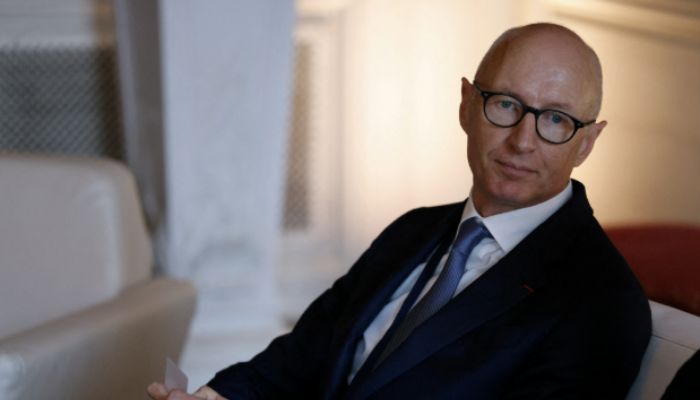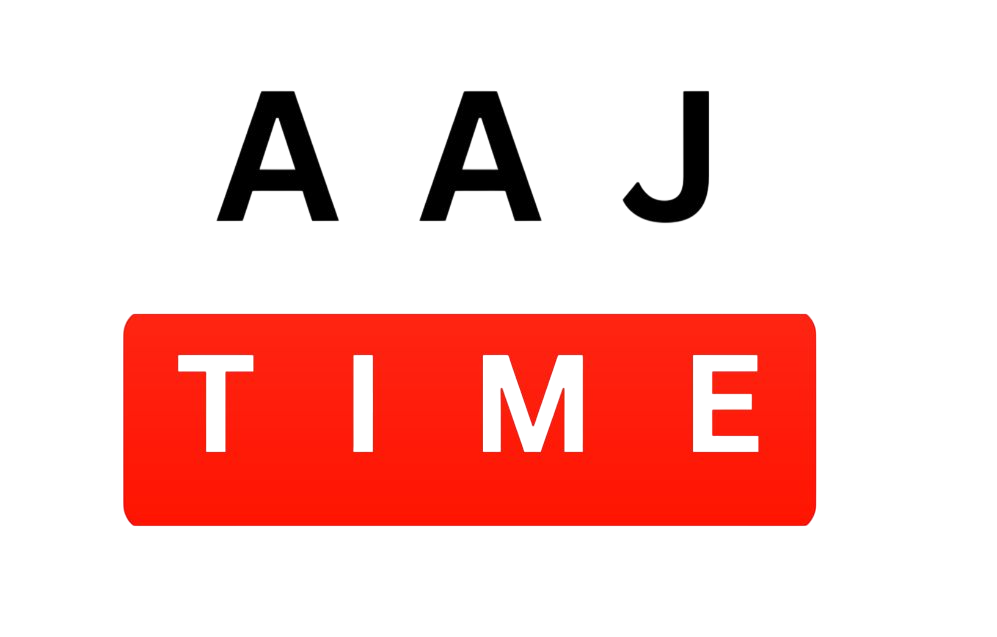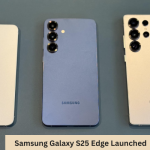Danish pharmaceutical giant Novo Nordisk announced the departure of CEO Lars Fruergaard Jørgensen as the company navigates mounting challenges in the booming obesity drug market. The move signals a critical juncture for the maker of Wegovy, which has faced increased competition, underwhelming trial outcomes, and a sharp decline in investor confidence.
Leadership Transition Amid Industry Pressure
Novo Nordisk, one of the world’s leading drugmakers, revealed on Friday that Jørgensen would step down after eight years as CEO. While he will remain in position temporarily to ensure a smooth transition, the search for a permanent replacement is already underway. In the interim, Lars Rebien Sørensen, former Novo CEO and current chair of the Novo Nordisk Foundation, will join the company’s board as an observer.

The announcement came amid significant financial headwinds for the company. Since mid-2024, Novo Nordisk’s share price has plunged by over 50%, reflecting investor concerns about its long-term growth prospects. In stark contrast, shares of U.S. rival Eli Lilly—maker of competing obesity drug Zepbound—rose 1.7% on the same day the leadership change was announced.
Behind the Decision: Market Challenges and Falling Sales
Novo Nordisk’s decision to remove Jørgensen follows weeks of internal discussions between the company’s board and the powerful Novo Nordisk Foundation, which controls the firm. According to reports from Reuters, Jørgensen was only informed of the decision recently and did not anticipate the board’s move.
Chairman Helge Lund addressed the change, stating:
“Novo Nordisk’s strategy remains unchanged, and the Board is confident in the company’s current business plans and its ability to execute on the plans. The changes are, however, made in light of the recent market challenges and the development of the company’s share price since mid-2024.”
The company has been under growing pressure due to intensifying competition in the weight-loss drug market, where compounded drugs—often sold in U.S. pharmacies without FDA approval—have begun to eat into Wegovy’s market share. Furthermore, Novo recently reported lower-than-expected first-quarter sales for Wegovy and revised down its full-year sales growth forecast.
A Booming Market and Competitive Heat
The obesity drug market has become one of the most lucrative segments in the pharmaceutical industry. Analysts estimate the global market could exceed $100 billion within the next decade, driven by rising obesity rates and strong patient demand. Novo Nordisk was an early pioneer in the space, achieving blockbuster success with Wegovy and Ozempic—both GLP-1 receptor agonists initially developed for diabetes and later repurposed for weight loss.
However, Novo’s head start has been challenged by Eli Lilly, whose drug Zepbound (tirzepatide) has shown superior results in several trials. Zepbound has quickly gained popularity in the U.S., drawing patients away from Wegovy due to its better weight-loss outcomes and availability. Moreover, Lilly has aggressively scaled its manufacturing capacity to meet soaring demand—a move that Novo has struggled to match.
Looking Ahead: Strategic Focus and New Leadership
While the company insists that its long-term strategy remains intact, the leadership change underscores a sense of urgency. Novo’s ability to regain market momentum may depend on several critical factors:
- Regaining investor trust by delivering on sales targets and pipeline performance.
- Competing more effectively with Eli Lilly and other new entrants in the GLP-1 space.
- Addressing supply chain bottlenecks, which have limited the availability of its obesity drugs in key markets.
- Expanding next-generation therapies, such as oral GLP-1 drugs currently in clinical trials.
The new CEO, once appointed, will inherit a company at a crossroads. On one hand, Novo Nordisk remains a pharmaceutical powerhouse with deep expertise in endocrinology and metabolic diseases. On the other, its dominance in the obesity drug market is no longer guaranteed, and competition is fiercer than ever.
Investor Outlook and Market Implications
The immediate market reaction to the leadership news was telling. Novo Nordisk shares ended the day down 1.8%, reflecting investor uncertainty about the transition and the company’s future strategy. In contrast, Eli Lilly’s stock rose on optimism that the competitive landscape may tilt further in its favor.
For investors, analysts, and healthcare professionals alike, the coming months will be critical. All eyes are now on Novo Nordisk’s board as they search for a visionary leader capable of restoring confidence, driving innovation, and competing effectively in one of the most dynamic sectors of modern medicine.
Why did Novo Nordisk remove CEO Lars Fruergaard Jørgensen?
Novo Nordisk ousted CEO Lars Fruergaard Jørgensen amid increasing competition in the obesity drug market, disappointing sales of Wegovy, underwhelming clinical trial results, and a steep drop in share price—over 50% since mid-2024. The decision reflects the company’s urgency to restore investor confidence and regain market leadership.
Who will replace Lars Fruergaard Jørgensen as CEO of Novo Nordisk?
A permanent replacement has not yet been named. The search for a new CEO is ongoing. In the interim, former CEO Lars Rebien Sørensen, who currently chairs the Novo Nordisk Foundation, will join the board as an observer to support the leadership transition.
What challenges is Novo Nordisk currently facing in the obesity drug market?
Novo Nordisk is contending with growing competition, particularly from Eli Lilly’s Zepbound, as well as compounded obesity drugs being sold in U.S. pharmacies. Additionally, supply chain issues and lower-than-expected Wegovy sales have hurt its financial performance.
How has the market reacted to the leadership change at Novo Nordisk?
Following the announcement, Novo Nordisk’s shares fell by 1.8%, while Eli Lilly’s shares rose by 1.7%. The market reaction highlights investor concerns about Novo’s future strategy and confidence in competitors gaining ground.










